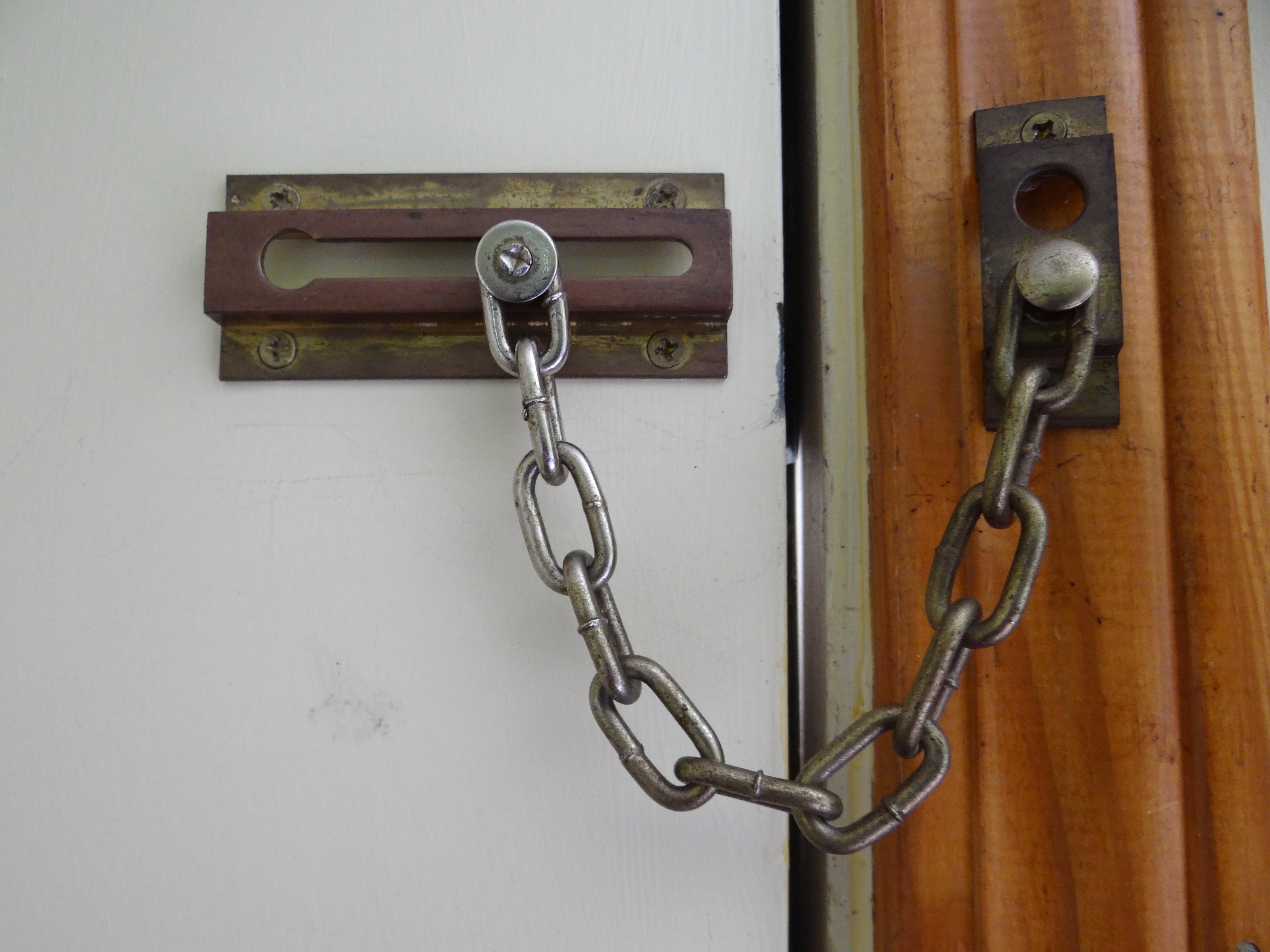
26 May How to protect your credit cards
Photo: DodgertonSkillhause/morguefile.comQ. I have questions about when a credit card account is hacked. Most unauthorized charges seemed to be from online purchases. I am very careful with my card and make few online purchases. Unauthorized charges were removed pending an investigation. How does this happen and how can I prevent it from happening again?
— Trying
A. You can’t prevent hacks that occur on the retailer side, but you can take steps to protect your individual accounts.
Now that we’re adopting credit cards with chips (EMV cards), more fraud is moving online, said Beverly Harzog, a consumer credit expert and bestselling author. This is because the new EMV cards are more difficult to clone than the magnetic-stripe cards.
“Fraudsters move to the easiest method for hacking, so going forward, we’re likely to see an increase in online fraud,” Harzog said.
She said there’s no way to totally eliminate fraud, but there are a few things you can do to limit your vulnerability.
When making online purchases, be sure you’re using a secure website, she said. Look at the web address and confirm the start of the web address is “https://” and not just “http://”.
“The `s’ stands for secure,” Harzog said. “You’ll also see a closed padlock icon in the address bar. If you don’t see these things, it’s not a secure website and your credit card information could be stolen. ”
Be careful about giving out your credit card account number.
“If you’re giving out it on the telephone — for example, to order food to go — make sure no one in the area can hear your voice,” Harzog said. “And if you’re using a WiFi connection in a public place, don’t use the connection to check your credit card accounts. Some public Wi-Fis are easily hacked.”
Then you should always check your credit card accounts online frequently. Look for unauthorized purchases.
“Sometimes, thieves will make a small purchase under $10 just to see if the account is live so don’t overlook these amounts,” she said.
She recommends that you sign up for text alerts for purchases if your credit card issuer offers such alerts. This won’t eliminate fraud, she said, but it will help you catch it quickly so you can report it to your issuer.
Lastly, protect yourself by shredding credit card offers and statements before throwing them out in the trash.
“It’s not uncommon for thieves to go through trash cans looking for personal and financial information,” Harzog said.
Email your questions to .
This post was first published in May 2016.
NJMoneyHelp.com presents certain general financial planning principles and advice, but should never be viewed as a substitute for obtaining advice from a personal professional advisor who understands your unique individual circumstances.
